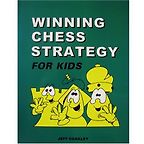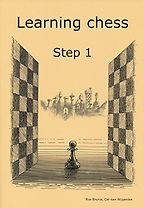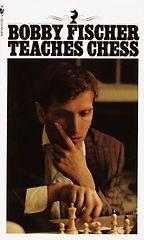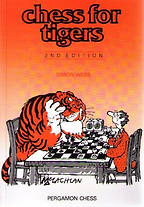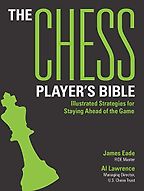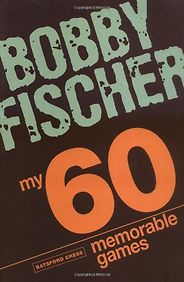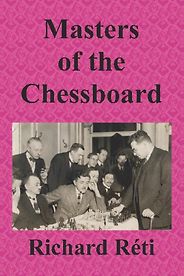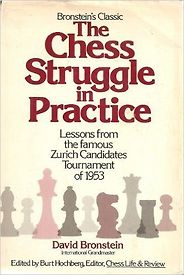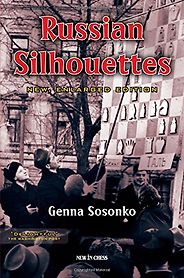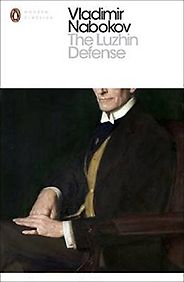The Best Chess Books
Last updated: May 10, 2025
Chess is a two-player strategy game that probably started in India more than a millennium ago and is played by millions of people worldwide. Mikhail Botvinnik, who was world champion on and off from 1948 to 1963, said that if music was “an art that illustrates the beauty of sound”, then chess was “an art that illustrates the beauty of logic.”
On Five Books, we have two interviews recommending chess books. If you already play the game and just want to enjoy reading about some of its greatest players, we have an interview on chess with British journalist and writer on chess, Dominic Lawson. His recommendations include The Luzhin Defense by Vladimir Nabokov, winner of the Nobel Prize in Literature, described as "far and away the best novel written about chess players." If you're just starting out and are looking for how-to chess books, we have an interview on the best chess books for beginners, picked by Andrew Green, chess master, full-time chess teacher and founder of Edinburgh Chess Academy.
Below, we've listed all the books about chess that have been recommended in Five Books interviews:
-

1
Winning Chess Strategy (for Kids)
Jeff Coakley, Antoine Duff (illustrator) -

2
Steps Method chess workbooks
by Rob Brunia and Cor van Wijgerden -

3
Bobby Fischer Teaches Chess
Bobby Fischer, Stuart Margulies, Donn Mosenfelder -

4
Chess for Tigers
Simon Webb, Edward McLachlan (illustrator) -

5
The Chess Player's Bible
James Eade, Al Lawrence, Carol & John Woodcock (illustrators)
Best Chess Books for Beginners, recommended by Andrew Green
Best Chess Books for Beginners, recommended by Andrew Green
Chess is one of the most enduringly popular games in the world. It transcends language barriers and offers players a hobby for life. Chess teacher and master Andrew Green recommends chess books for beginners of all ages to learn the game.
The Best Books About Chess, recommended by Dominic Lawson
You don’t have to be a genius to play chess, but it helps. British journalist and chess aficionado Dominic Lawson recommends the best books on chess, focusing on some of the great players of the 20th century and including the “best novel ever written about chess players.”
